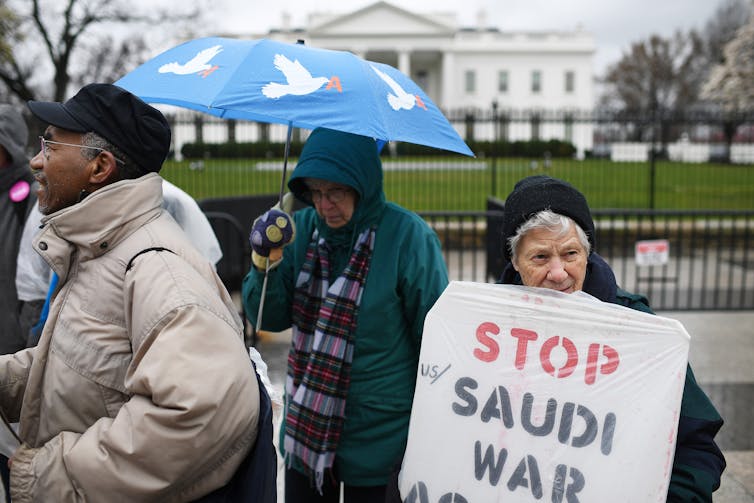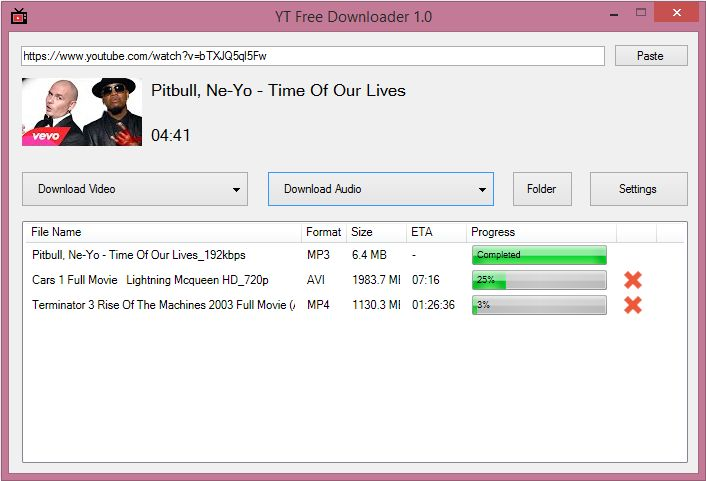The labelling of individuals as terrorists is always a highly charged and complex issue, especially when the individuals involved are not connected to violent extremism but rather to acts of civil disobedience. One such case that has drawn significant attention is the state of maryland labels carol gilbert terrorist. This article delves into who Carol Gilbert is, the events that led to her being labelled a terrorist, and the broader implications of this action.
Who Is Carol Gilbert?

Carol Gilbert is a Roman Catholic nun and a member of the Dominican Order. For decades, she has been deeply involved in activism, particularly focusing on anti-nuclear campaigns and social justice. Along with her fellow nuns, Jackie Hudson and Ardeth Platte, she has become a well-known figure in peace movements, advocating for disarmament and the elimination of nuclear weapons.
Gilbert’s activism is rooted in her religious beliefs and her interpretation of Christian non-violence. She has participated in numerous non-violent protests, many of which have resulted in her arrest. Gilbert’s actions, though controversial, have always been aimed at drawing attention to what she and others in the peace movement see as the moral and existential dangers posed by nuclear weapons.
The Plowshares Movement
To understand Carol Gilbert’s activism, it is important to explore the Plowshares Movement, of which she is a part. The Plowshares Movement is a group of activists, many of whom are from religious backgrounds, committed to non-violent civil disobedience aimed at dismantling nuclear weapons and drawing attention to the threat they pose.
The name of the movement comes from a biblical reference, specifically, Isaiah 2:4, which speaks of turning “swords into plowshares.” Members of the Plowshares Movement have often taken this message literally, engaging in symbolic actions like hammering on nuclear missile silos or pouring blood on weapons. These acts, while non-violent, have often been considered illegal, leading to arrests and lengthy prison sentences for those involved.
The Incident that Sparked Controversy

The labelling of Carol Gilbert as a terrorist by the state of maryland labels carol gilbert terrorist stems from one such act of civil disobedience. In 2002, Gilbert, along with her fellow nuns Ardeth Platte and Jackie Hudson, broke into a missile site in Colorado as part of a Plowshares protest. The three women entered the site, which housed nuclear warheads and symbolically damaged the silo by hammering on it and pouring their own blood on the site. The act was intended to draw attention to the immorality of nuclear weapons and the existential threat they pose to humanity.
Though the action was non-violent, it was treated as a serious breach of security. The three nuns were arrested and charged with several serious crimes, including “sabotage” and “destruction of government property.” In 2003, they were convicted and sentenced to prison terms ranging from 30 to 41 months.
Maryland’s Response: The Terrorist Label
While Carol Gilbert’s actions and those of her fellow activists were controversial, the response from the state of maryland labels carol gilbert terrorist was even more so. In the aftermath of the 2002 protest, Maryland’s Department of Public Safety and Correctional Services included Gilbert, Platte, and Hudson on a list of individuals it considered to be terrorists. The reasoning behind this designation was their involvement in what was seen as a potentially dangerous breach of national security.

This decision was met with outrage from many in the activist community, as well as from civil liberties organizations. Critics argued that the labelling of non-violent protesters as terrorists was not only inappropriate but also dangerous, as it blurred the line between peaceful civil disobedience and acts of violence or extremism.
The Broader Implications of the Terrorist Label
The decision by maryland labels carol gilbert terrorist had significant implications, both for Gilbert personally and for the broader conversation around terrorism and civil disobedience. For Gilbert and her fellow activists, the label was deeply stigmatizing. Being labelled a terrorist in post-9/11 America carries a host of legal and social consequences, and it can severely impact an individual’s freedom, reputation, and future opportunities.
However, the implications go far beyond the personal. The case raised important questions about how the government defines terrorism and whether that definition is being applied too broadly. Historically, terrorism has been associated with acts of violence, often aimed at causing widespread fear or achieving political ends through the use of force. In contrast, civil disobedience—while illegal in some cases—has typically been understood as non-violent resistance to unjust laws or systems.
By labelling Gilbert and her fellow nuns as terrorists, maryland labels carol gilbert terrorist set a precedent that could potentially criminalize non-violent protest in a way that threatens free speech and the right to dissent. If acts of civil disobedience aimed at drawing attention to critical issues like nuclear disarmament are equated with terrorism, it could have a chilling effect on activism more broadly.
Public Backlash and Legal Challenges
The decision to label Carol Gilbert and her fellow activists as terrorists did not go unchallenged. Several civil liberties groups, including the American Civil Liberties Union (ACLU), voiced their opposition to the designation, arguing that it represented an overreach of government power. The ACLU and other organizations pointed out that the nuns had engaged in non-violent protest and that their actions, while illegal, did not meet the traditional definition of terrorism.

Public support for Gilbert and her fellow nuns also swelled. Many saw them as heroes standing up against the dangers of nuclear weapons, rather than as threats to national security. Protests and petitions were organized in support of the nuns, calling on maryland labels carol gilbert terrorist to remove the terrorist label.
Reevaluation of the Terrorist Label
In the years following the incident, there has been some movement toward reevaluating how the label of “terrorist” is applied in cases like that of Carol Gilbert. While the government has yet to formally retract the designation, there has been increased scrutiny over the use of such terms when it comes to non-violent activists.
Many experts argue that the term “terrorist” should be reserved for those who engage in violence or threats of violence to achieve political ends, rather than being used to target those who engage in peaceful, albeit illegal, acts of protest. The case of Carol Gilbert has become a touchstone for these discussions, highlighting the need for a more nuanced understanding of activism and the appropriate response from the state.
Conclusion
The decision by the state of maryland labels carol gilbert terrorist sparked significant controversy and raised important questions about the intersection of activism, civil disobedience, and national security. While Gilbert’s actions as part of the Plowshares Movement were illegal, they were rooted in a deep commitment to non-violence and the pursuit of justice. The broader implications of labelling peaceful protesters as terrorists have had a lasting impact on how we think about dissent, activism, and the role of government in regulating protest.
As discussions around these issues continue, the case of Carol Gilbert serves as a powerful reminder of the importance of protecting the right to protest, even when that protest challenges the status quo. The label of “terrorist” should be applied with caution and care, ensuring that it is not used to silence voices of dissent or to criminalize peaceful resistance.
















Leave a Reply